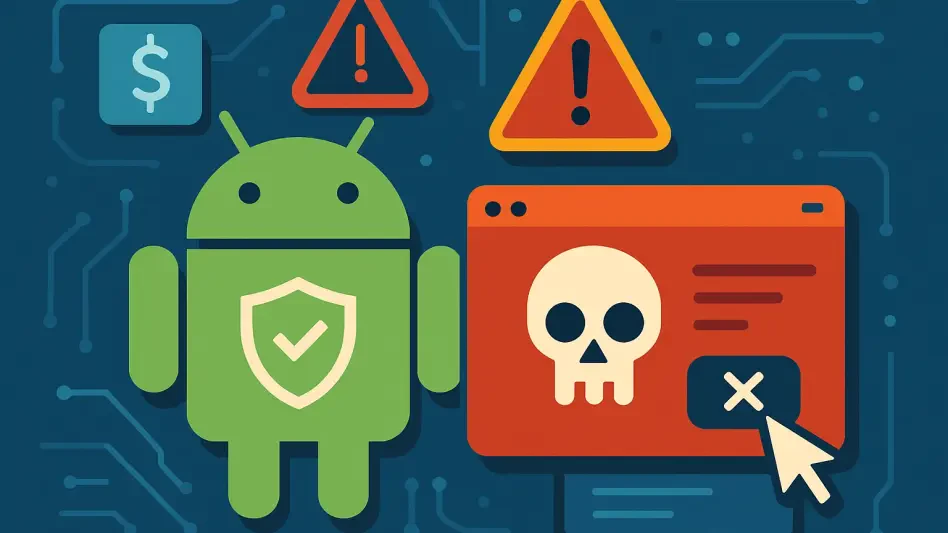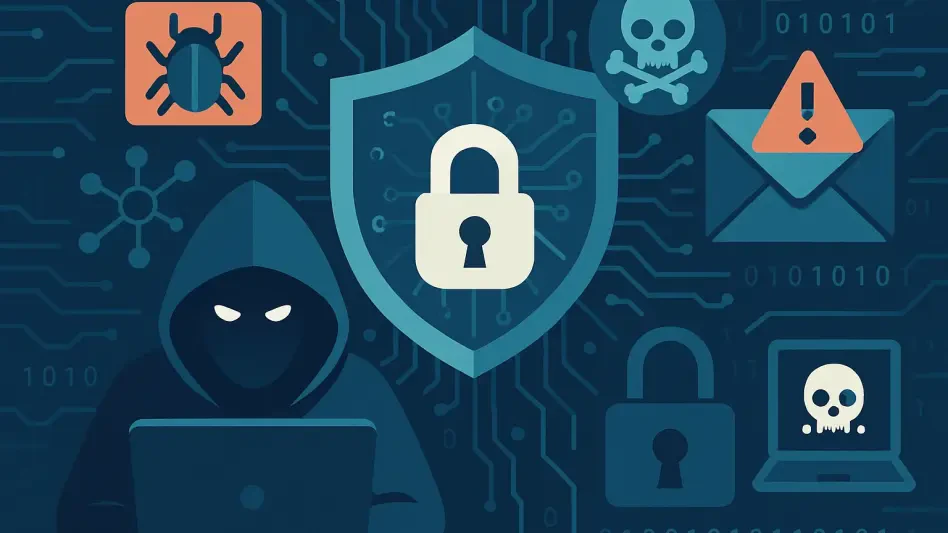The Virgin Islands House of Assembly (HOA) recently passed two significant bills: the amendments to the Police Act, 2019, and the Computer Misuse and Cybercrime Act, 2014. These legislative changes were expedited by the government within a short timeframe, drawing sharp criticism from opposition members concerned about the potential impacts on citizens’ rights and the expedited legislative process.
Government’s Rationale for Amendments
Addressing CFATF Recommendations
The amendments were driven by recommendations from the Caribbean Financial Action Task Force (CFATF). The CFATF report highlighted deficiencies in the Virgin Islands’ legal framework, specifically regarding financial crime and cybercrime. Premier Natalio “Sowande” Wheatley emphasized the necessity of these amendments to protect the territory’s reputation and strengthen its financial system. He argued that enhanced law enforcement powers are essential to address mutual legal assistance requests and combat money laundering.
Premier Wheatley underscored the importance of these changes as part of a broader strategy to align the territory’s laws with international standards. Ensuring strict compliance with CFATF recommendations was presented as a critical step toward maintaining the Virgin Islands’ credibility within the global financial system. Wheatley conveyed that failing to act at this juncture could result in severe consequences, including the territory being placed on international financial blacklists, which would severely undermine its economic stability.
Enhancing Security Measures
Premier Wheatley justified the expedited process by noting that the amendments had been gazetted and available for public review. He urged representatives to have engaged with their constituents about the bills during the holiday season. The legislative process involved extensive closed-door committee sessions where members from both sides debated and modified the bills before their final passage. The Police Act amendment took about seven hours of discussion, while the cybercrime amendment also required significant deliberation.
Wheatley emphasized that the timing was essential due to rising concerns about the increasing incidence of cybercrimes and other serious offenses within the territory. The government’s strategy to fast-track these bills aimed at empowering law enforcement with the appropriate tools to effectively address these emerging threats. This approach, Wheatley argued, was not only a necessity for maintaining public safety but also integral to preserving investor confidence and safeguarding economic interests.
Opposition’s Concerns
Rushed Legislative Process
Opposition members, led by Myron Walwyn and Mitch Turnbull, raised concerns about the rushed legislative process. They highlighted the potential encroachments on citizens’ fundamental rights and freedoms due to the amendments. Walwyn and others argued that the expedited readings did not allow sufficient time for detailed scrutiny and public consultation. They stressed the importance of balancing law enforcement powers with safeguards to protect innocent citizens’ rights.
The opposition contended that proper legislative processes, including public consultation periods and more thorough debates, should not be sacrificed for the sake of expediency. They argued that the rapid passage of these bills undermined democratic principles by denying citizens ample opportunity to understand and weigh in on legislative changes that could significantly impact their lives. The necessity of transparency and the role of public input were key themes emphasized by the opposition in their arguments against the government’s approach.
Potential Rights Infringements
Opponents of the Police Act amendment noted that defining a “serious offense” as one punishable by more than one year of imprisonment was problematic. They argued that such a definition could criminalize relatively minor offenses. In the case of the cybercrime amendment, the opposition raised issues about constitutionality, particularly regarding provisions that could force suspects to disclose passwords, potentially infringing on their right to remain silent.
This concern about the broad definition of “serious offense” brought to light additional risks of potential overreach, where individuals could face severe legal consequences for relatively minor infractions. Opposition figures warned that without adequate protections, such laws might lead to unintended consequences, including the erosion of trust in law enforcement and judicial systems. The discussions on the cybercrime amendment highlighted the need to balance the necessity of investigative tools with the preservation of fundamental legal rights.
Debate and Legislative Process
Suspension of HOA Rules
The premier motioned to suspend the HOA’s usual rules to expedite the bills, resulting in heated debates and narrow votes. Despite objections, the motion to fast-track the amendments passed with a vote of seven to six. The Speaker of the House, Corine George-Massicote, cautioned against the frequent relaxation of rules to fast-track legislation, emphasizing the importance of adequate notification and thorough review to avoid undermining the legislative process.
The suspension of the rules and the contentious nature of the debates underscored the significant divide between the government’s urgency and the opposition’s demand for due process. George-Massicote’s warnings highlighted that legislative procedural integrity is critical for maintaining public confidence in the HOA’s deliberations. The speaker’s emphasis on the importance of standard legislative protocols served as a reminder that hasty processes risk compromising the quality and transparency of lawmaking.
Extensive Committee Sessions
The legislative process involved extensive closed-door committee sessions where members from both sides debated and modified the bills before their final passage. The Police Act amendment took about seven hours of discussion, while the cybercrime amendment also required significant deliberation. Both government and opposition members expressed a willingness to collaborate on refining the amendments, ensuring that they address CFATF’s concerns without compromising constitutional protections.
Despite the initial push to fast-track the bills, these extended committee sessions revealed a productive willingness among all members to engage deeply with the legislative content. These discussions allowed for the consideration of various perspectives and resulted in modifications that aimed to balance law enforcement needs with civil liberties. The collaborative atmosphere within these sessions underscored the possibility of achieving a more balanced legislative approach through open dialogue and inclusive discussion.
Specific Concerns and Amendments
Definition of “Serious Offense”
Opponents of the Police Act amendment noted that defining a “serious offense” as one punishable by more than one year of imprisonment was problematic. They argued that such a definition could criminalize relatively minor offenses. This concern was a focal point in the debates, with opposition members advocating for a more precise and balanced definition to prevent the potential misuse of the law.
Throughout the debates, calls for a refined definition of “serious offense” were persistent, emphasizing the need to avoid broad categorizations that could lead to unjust penalties for non-severe crimes. The opposition’s insistence on specificity sought to ensure that only genuinely serious offenses warranted the enhanced law enforcement powers, thereby mitigating risks of over-criminalization. The dialogue aimed to refine the bill in a way that would align its intentions with practical applications in everyday legal contexts.
Constitutionality of Cybercrime Provisions
In the case of the cybercrime amendment, the opposition raised issues about constitutionality, particularly regarding provisions that could force suspects to disclose passwords, potentially infringing on their right to remain silent. This aspect of the amendment was heavily scrutinized, with calls for additional safeguards to protect individuals’ rights while enabling effective law enforcement.
The debate around the cybercrime provisions highlighted the tension between securing essential investigative tools and respecting constitutional rights. Concerns about compelling suspects to share passwords touched upon broader issues of privacy and legal protection against self-incrimination. The amendments were scrutinized thoroughly, emphasizing the need to incorporate robust protections to ensure any enhancements in law enforcement capabilities did not come at the expense of individual rights and liberties.
Calls for Balanced Legislation
Enhancing Law Enforcement Capabilities
Throughout the debate, a consensus emerged on the need for balanced legislation that enhances law enforcement capabilities while protecting human rights. Both the government and opposition members recognized the importance of equipping law enforcement with necessary powers to combat crime effectively. However, they also emphasized the need for robust safeguards to ensure that the expanded powers do not lead to abuses or infringements on civil liberties.
This consensus underscored a collective acknowledgment of the reality of rising cyber and financial crimes and the requisite tools law enforcement needs to address these issues effectively. The debates highlighted the ongoing challenge of crafting legislation that deters criminal activities while simultaneously upholding the fundamental protections that define a democratic society. The balanced approach sought by both sides reflected an understanding that effective law enforcement and civil liberties are not mutually exclusive.
Collaboration and Refinement
Both government and opposition members expressed a willingness to collaborate on refining the amendments to ensure that they address CFATF’s concerns without compromising constitutional protections. This collaborative approach was seen as essential to achieving a balanced outcome that meets international standards while safeguarding citizens’ rights.
The willingness to engage in constructive dialogue and work towards common goals was a positive takeaway from the contentious legislative process. It illustrated that, regardless of political differences, mutual respect and cooperation could yield legislative outcomes that serve the best interests of the territory and its citizens. Such collaboration aimed to produce refined and resilient laws that effectively deter crime while reinforcing the values of transparency, accountability, and justice.
Final Passage and Future Considerations
Awaiting Governor’s Assent
The Virgin Islands House of Assembly (HOA) recently enacted two major legislative bills: amendments to the Police Act of 2019 and the Computer Misuse and Cybercrime Act of 2014. The government moved swiftly to implement these changes, sparking intense debate and drawing sharp criticism from opposition members. They expressed concerns over the potential negative impacts on citizens’ rights and questioned the expedited nature of the legislative process.
The amendments to the Police Act include provisions that are aimed at updating and enhancing law enforcement capabilities. These changes are intended to address current challenges and improve public safety but have raised concerns about civil liberties and the balance of power. Critics argue that the rapid passage of such significant amendments does not allow for sufficient public input or thorough legislative scrutiny.
The Computer Misuse and Cybercrime Act, on the other hand, was updated to reflect the evolving nature of cyber threats and to strengthen the legal framework for combating cybercrime. While these updates are seen as necessary in the digital age, opposition members worry that the new provisions could be used to infringe upon free speech and privacy rights.
Ultimately, both pieces of legislation have stirred heated debate about the balance between enhancing security and protecting individual freedoms. The government’s rush to pass these bills without a more comprehensive consultation process has left many questioning whether the due process was adequately followed and whether the rights of citizens were fully considered.







